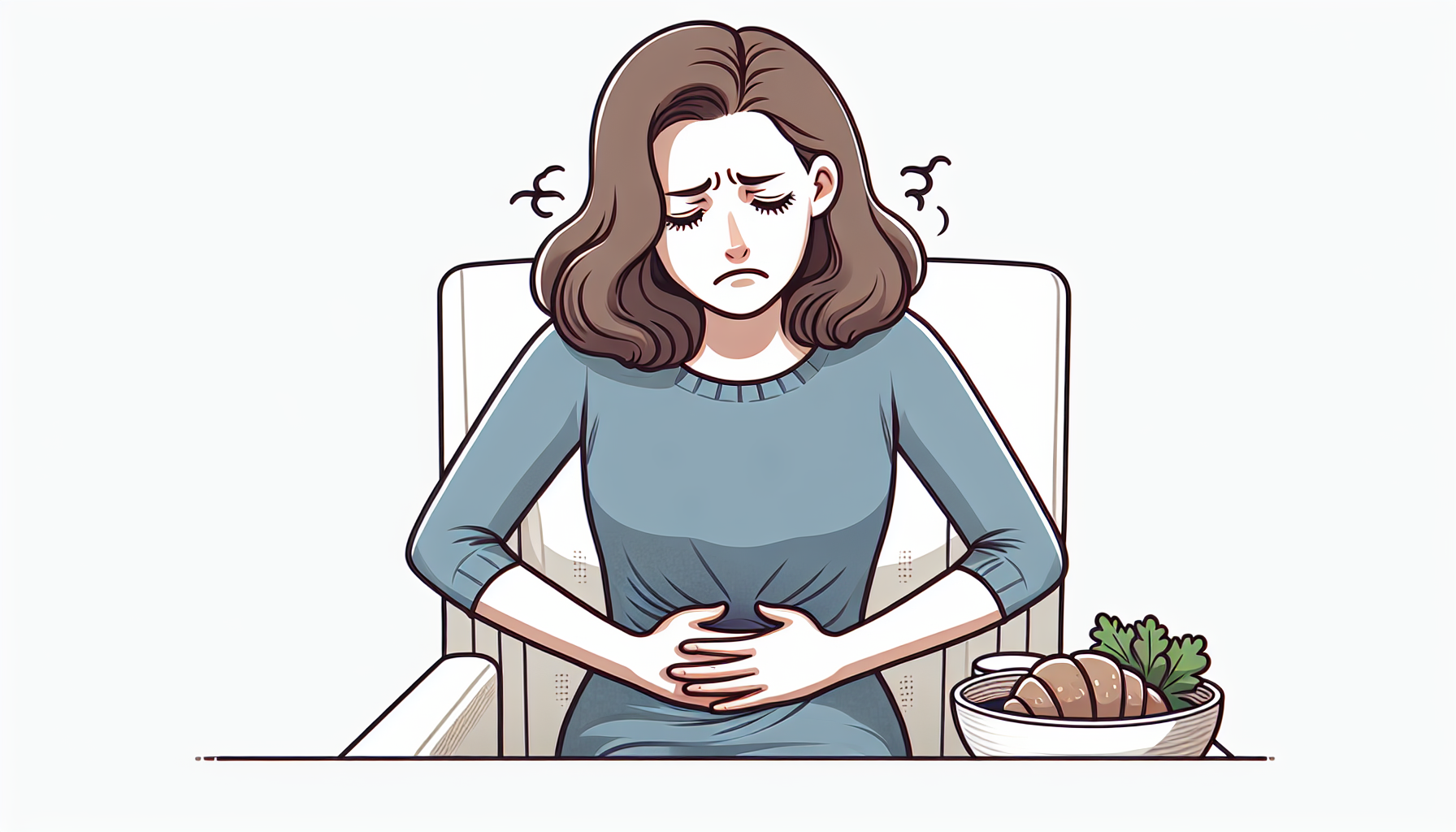Bloating and digestive discomfort are common ailments that affect people of all ages, often leading to pain, inconvenience, and in some cases, embarrassment. Understanding the causes and implementing effective strategies can significantly improve one’s quality of life. This article will delve into the causes of bloating, suggest dietary and lifestyle changes to alleviate symptoms, and highlight the importance of digestive health in overall wellness.
Understanding Bloating and Its Triggers
Bloating occurs when the gastrointestinal (GI) tract is filled with air or gas. Several factors contribute to bloating, including dietary habits, food intolerances, and certain digestive conditions. Common culprits include overeating, consuming high-fat foods that slow digestion, eating too quickly, and ingesting carbonated beverages, which introduce excess gas into the stomach.
Moreover, specific foods can cause bloating in individuals with sensitivities. For example, those with lactose intolerance might experience bloating after consuming dairy. Similarly, individuals with celiac disease or non-celiac gluten sensitivity might find that gluten-containing foods lead to discomfort.
Dietary Modifications to Reduce Bloating
Altering your diet can be a potent way to manage bloating. Here are some strategies to consider:
- Increase Fiber Intake Gradually: Dietary fiber helps promote bowel regularity, but a sudden increase can lead to gas and bloating. Gradually increase your fiber intake to allow your digestive system to adjust. Consider reading Assessing the Impact of Fiber Intake on Bowel Regularity for more insights.
- Choose Low-FODMAP Foods: Some people benefit from a low-FODMAP diet, which limits foods that are difficult to digest and can ferment in the gut, causing bloating.
- Stay Hydrated: Dehydration can slow down digestion, leading to constipation and bloating. Aim for adequate fluid intake daily.
Lifestyle Changes for Improved Digestive Health
In addition to diet, lifestyle plays a significant role in digestive health:
- Regular Exercise: Physical activity can help move gas through the digestive tract more quickly, reducing bloating. Visit Fitness for exercise tips that can aid in digestion.
- Mindful Eating: Eating slowly and chewing thoroughly can prevent swallowing excess air and improve digestion.
- Stress Management: Chronic stress can impact gut health, potentially leading to bloating. Learn more about this connection at The Effects of Chronic Stress on Gut Microbiota Composition.
The Role of Probiotics and Digestive Enzymes
Probiotics are beneficial bacteria that can help restore the natural balance of gut microbiota, which is crucial for digestive health. They can be found in fermented foods like yogurt, kefir, and sauerkraut, or taken as supplements. For a deeper understanding, read Advances in Probiotic Therapy for Digestive Disorders.
Digestive enzymes, either naturally occurring or as supplements, can also aid in breaking down foods that commonly cause bloating. For example, lactase supplements can help those with lactose intolerance digest dairy products.
Integrative Approaches to Digestive Health
In addition to dietary and lifestyle changes, integrative approaches like herbal remedies and acupuncture have been known to relieve digestive discomfort. Herbs such as peppermint, ginger, and chamomile have natural antispasmodic properties that can soothe the GI tract.
For those interested in exploring natural enzymes and their benefits, consider the insights provided in Using Natural Enzymes to Enhance Digestive Health.
When to Seek Professional Help
If lifestyle and dietary changes do not alleviate bloating or if symptoms worsen, it’s essential to consult a healthcare provider. Persistent bloating can sometimes signal more severe conditions such as irritable bowel syndrome (IBS), inflammatory bowel disease (IBD), or even ovarian cancer.
For a comprehensive understanding of digestive health and its impact on overall well-being, explore Digestive Health.
High-Quality External Resources
To further support your journey to better digestive health, consider these high-quality external resources:
- The Gut Health Doctor: Providing evidence-based gut health information. Visit their website here.
- Monash University’s FODMAP Research: For those considering a low-FODMAP diet, Monash University offers extensive research and resources. Explore Monash University’s FODMAP resources.
- International Foundation for Gastrointestinal Disorders: This site offers a wealth of information on various GI disorders, including bloating. Access their resources here.
- The American Gastroenterological Association: For guidelines and patient education materials on GI health. Check out the AGA’s patient resources.
Remember, overcoming bloating and digestive discomfort often requires a multi-faceted approach that includes diet, lifestyle, and sometimes medical intervention. By becoming proactive and informed, you can take significant strides towards improving your digestive health and overall quality of life.



